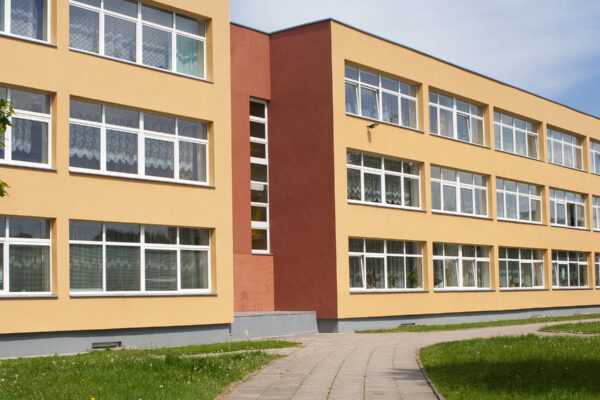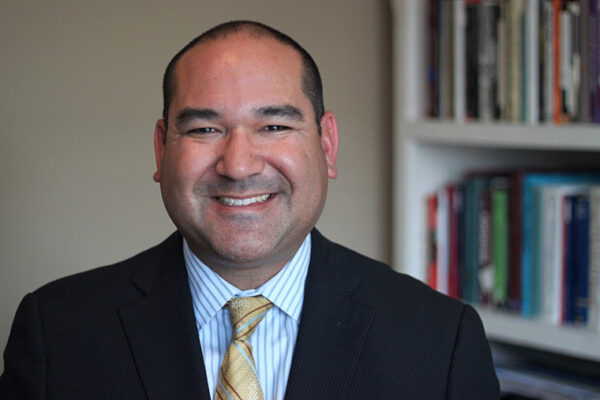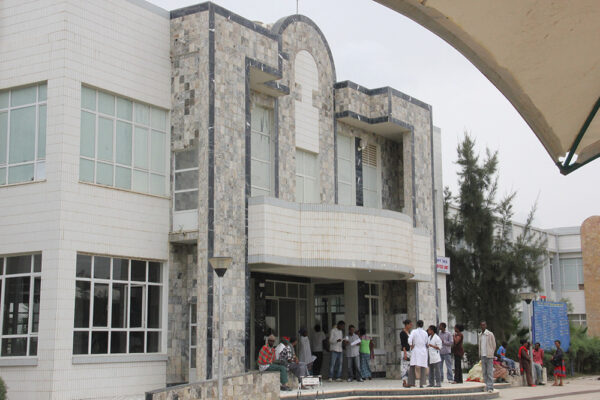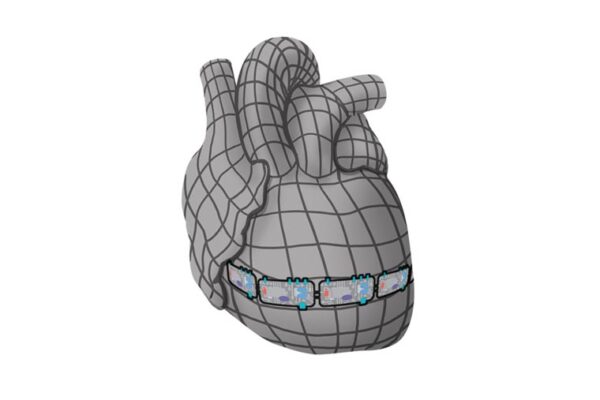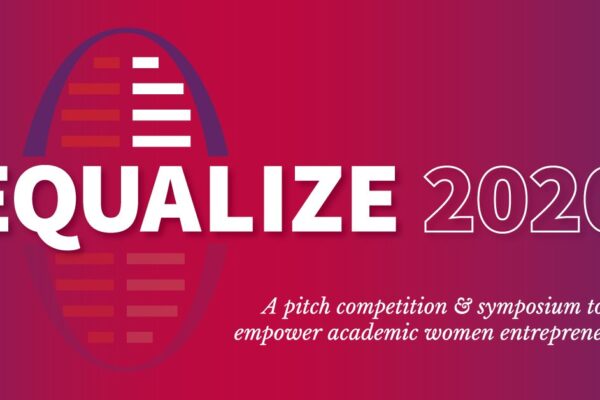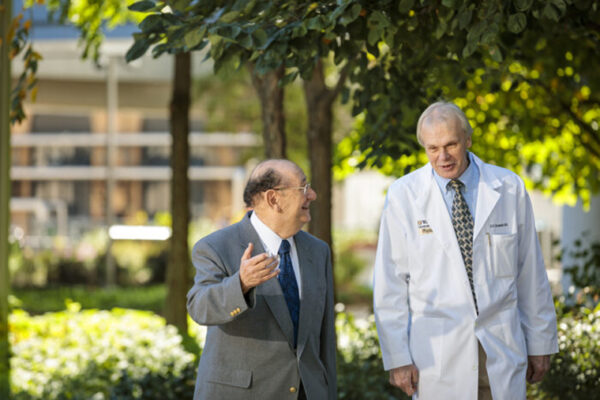Actor Goodman to headline Founders Day Nov. 2
Award-winning actor and St. Louis native John Goodman will be the keynote speaker for Washington University in St. Louis’ annual Founders Day celebration Saturday, Nov. 2, at St. Louis Union Station Hotel. During the event to celebrate the university’s founding in 1853, distinguished alumni, faculty and supporters are honored.
Kip Thorne explores the ‘warped side’ of the universe
Nobel laureate Kip Thorne will visit Washington University to deliver a public talk on Thursday, Nov. 7. Thorne’s work in theoretical physics examines gravitational waves, the Big Bang and what these phenomena tell us about the dynamics of the universe.
A positive approach to school safety
Policy responses to school shootings have not prevented them from happening more frequently, but restorative justice has the potential to avert bad behavior and school shootings, finds a new study from Washington University in St. Louis.
Kamimura-Jimenez named associate vice chancellor, dean of Center for Diversity and Inclusion
Mark Kamimura-Jimenez has been named associate vice chancellor for student affairs and dean of the Center for Diversity and Inclusion at Washington University in St. Louis. Kamimura-Jimenez, who is assistant vice chancellor of student affairs at Texas Christian University, will join Washington University Jan. 1.
Washington University deepens ties with Mekelle University in Africa
A recently inked agreement between Washington University in St. Louis and Mekelle University in Ethiopia will encourage future collaborations in education, scholarship and research between the two universities.
New model of irregular heartbeat could boost drug efficacy
Jonathan Silva, a biomedical engineer in the McKelvey School of Engineering at Washington University in St. Louis, has developed the first computational model that shows the molecular groundwork of a popular drug’s effectiveness in a variety of ways.
Equalize 2020: Empowering academic women entrepreneurs
Washington University in St. Louis is committed to supporting faculty, students and staff wherever they are on their entrepreneurial journey — and is especially invested in supporting women bringing their ideas and discoveries from the lab to the marketplace.
A terrific example of that commitment begins in St. Louis next year, with Equalize 2020.
Which came first: brain size or drinking propensity?
Contrary to the belief that drinking can literally shrink one’s brain, a new study that includes researchers from Arts & Sciences suggests that a small brain might be a risk factor for heavier alcohol consumption.
New antidepressants on horizon
Medical scientists at the Taylor Family Institute for Innovative Psychiatric Research have pioneered the use of neurosteroid drugs to treat psychiatric illness.
New photo-responsive hydrogels developed with eye on biomedical applications
Researchers in Jonathan Barnes’ laboratory in Arts & Sciences have developed a new light-sensitive hydrogel with improved biocompatibility compared with similar materials. Down the line, these materials may be particularly suited for medical uses like prosthetics or transplantable organs.
View More Stories


